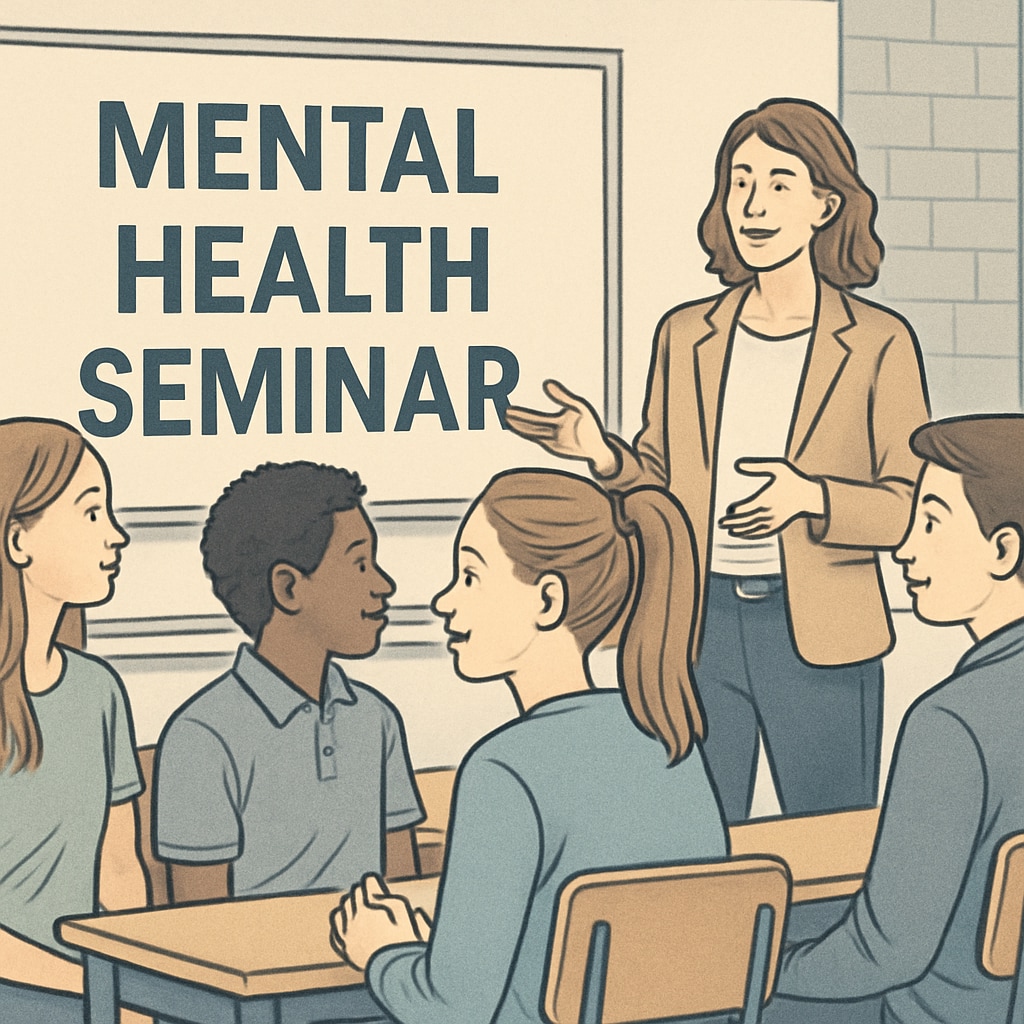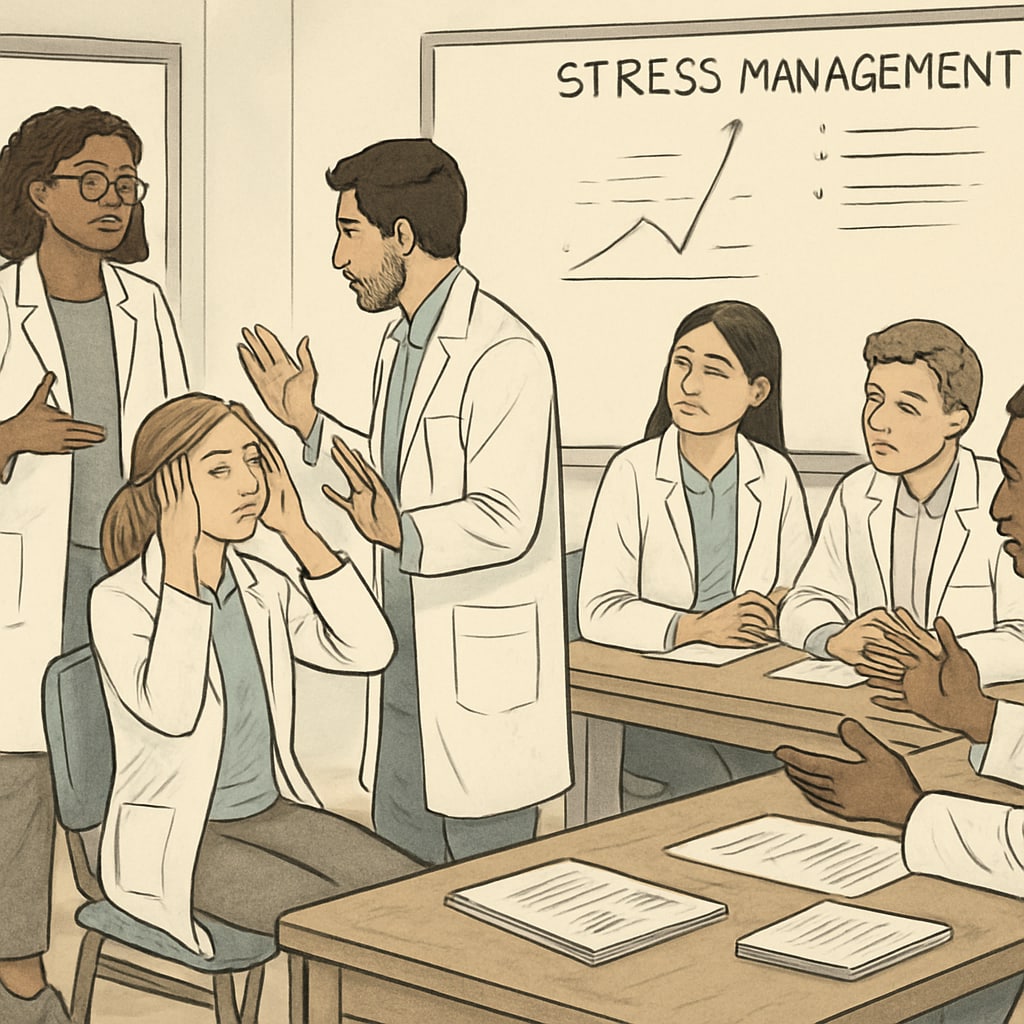Today’s high school students face unique psychological challenges, from academic pressure to social expectations. Organizing mental health seminars can be a pivotal step toward addressing these issues. Medical students, with their knowledge and empathy, are well-equipped to conduct such seminars effectively. This article provides a detailed guide on implementing mental health seminars for high school students, covering everything from school collaboration to engaging content delivery.
Why Mental Health Seminars Are Essential for High School Students
High school is a critical stage in a student’s psychological development. Factors such as exam stress, peer relationships, and family expectations can lead to anxiety, depression, and other mental health concerns. Mental health seminars aim to educate students on recognizing symptoms, seeking help, and managing stress effectively. For medical students, these seminars are also an opportunity to apply their knowledge while making a tangible impact on young lives.

Steps to Organize a Seminar: From Planning to Execution
Successfully organizing a mental health seminar requires careful planning and execution. Below are the essential steps:
- Contacting Schools: Begin by reaching out to high schools through their administration. Explain the purpose of the seminar and how it aligns with their student welfare goals.
- Designing Relevant Content: Tailor the seminar content to address common mental health issues among high school students. Use relatable examples and practical advice.
- Interactive Activities: Include interactive elements such as group discussions, role-playing scenarios, or Q&A sessions to keep students engaged.
- Utilizing Visual Aids: Create slides or handouts that visually represent key topics like stress management techniques and coping strategies.
- Feedback Mechanism: After the seminar, collect feedback from students and teachers to refine your approach for future sessions.
Effective Content Delivery: Engaging & Informative
Delivering content in a way that resonates with high school students is crucial. Medical students should focus on creating a safe and open environment for discussion. Here are some tips:
- Be Relatable: Share personal anecdotes or examples from your medical studies to build trust.
- Keep It Simple: Avoid overly technical language; instead, use clear and concise explanations.
- Focus on Solutions: Highlight actionable strategies like mindfulness exercises, journaling, or seeking professional support.
- Encourage Participation: Ask questions and invite students to share their experiences.

Overcoming Challenges in Seminar Implementation
Medical students may encounter obstacles while organizing seminars, such as limited resources, scheduling conflicts, or varying levels of student engagement. To address these challenges:
- Collaborate With Teachers: Work closely with school staff to ensure smooth logistics and participation.
- Seek Sponsorships: Partner with local organizations or mental health groups for funding and materials.
- Adapt to Feedback: Continuously improve your seminar structure based on student and teacher input.
Conclusion: Building a Bridge to Better Mental Health
By organizing mental health seminars, medical students can play a vital role in supporting high school students’ psychological well-being. Through collaboration, thoughtful content creation, and engaging delivery, these seminars can equip young minds with the tools they need to navigate their challenges effectively. As a result, medical students not only contribute to community health but also gain invaluable experience in their own professional journey.
Readability guidance: Use concise language, interactive elements, and relatable examples to ensure high engagement. Incorporate feedback loops for continuous improvement.


